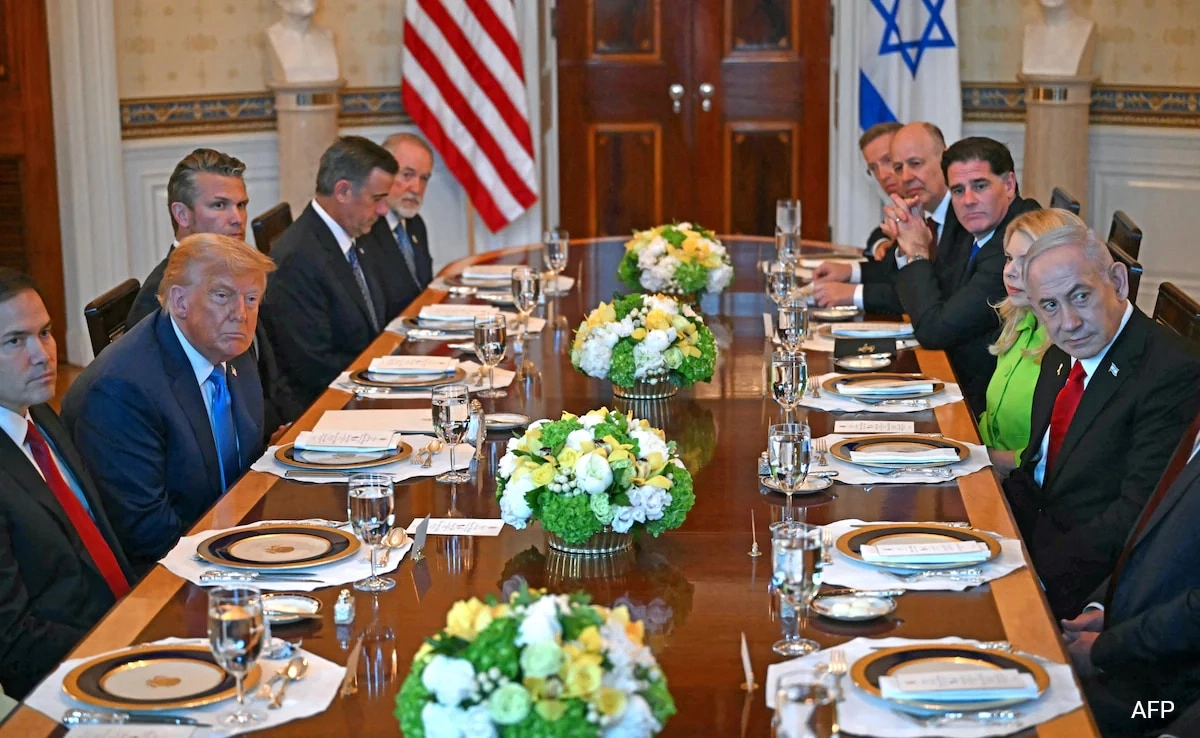Israeli Prime Minister Benjamin Netanyahu has officially nominated former U.S. President Donald Trump for the Nobel Peace Prize, a move that has generated significant attention and controversy. Netanyahu’s nomination comes in recognition of Trump’s efforts in facilitating the Abraham Accords, a series of agreements that normalized relations between Israel and several Arab nations, including the United Arab Emirates and Bahrain. These agreements marked a significant shift in Middle Eastern diplomacy, breaking decades-long barriers and fostering a new era of cooperation in a region often characterized by animosity and conflict.
Netanyahu praised Trump’s role in these historic agreements, asserting that the former president’s leadership and determination were pivotal in bringing about peace in a region long plagued by discord. The Israeli Prime Minister emphasized that the Abraham Accords not only improved relations between Israel and its Arab neighbors but also opened the door for further dialogue and peace initiatives within the broader Middle East. By nominating Trump, Netanyahu aims to highlight the importance of these accords and the potential for continued progress in peace efforts, viewing them as a critical step toward stability in the region.
However, the nomination has not been without its critics. Many commentators and political analysts have raised questions about the appropriateness of awarding a Nobel Peace Prize to a figure like Trump, whose term was marked by significant polarization and controversy within the United States and abroad. Critics argue that while the Abraham Accords were a positive development, they do not overshadow the broader issues of peace and justice in the Israeli-Palestinian conflict. Furthermore, some believe that the nomination could politicize the Nobel Peace Prize, which has traditionally been awarded to individuals and organizations that have made substantial contributions to peace and humanitarian efforts.
As the nomination process unfolds, it remains to be seen how the Nobel Committee will respond and whether Trump’s role in the Abraham Accords will be sufficient to merit such an esteemed recognition. The nomination has sparked discussions about the complexities of peace in the Middle East and the various factors that contribute to achieving lasting stability. Ultimately, the spotlight on Trump’s nomination serves as a reminder of the ongoing challenges and opportunities in the quest for peace in a region that continues to be a focal point of international diplomacy and conflict resolution.




